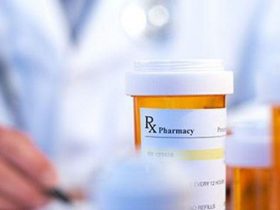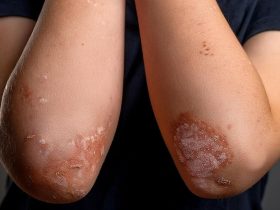Twenty percent of teens, young adults seeking treatment for substance use disorder had elevated Social Responsiveness Scale-2 Total T-scores
WEDNESDAY, Feb. 2, 2022 (HealthDay News) — One in five young, treatment-seeking substance use disorder (SUD) outpatients shows clinically elevated autistic traits, according to a study recently published in the American Journal on Addictions.
James McKowen, Ph.D., from Massachusetts General Hospital in Boston, and colleagues assessed the presence of autism spectrum disorder (ASD) symptoms in 69 SUD-treatment-seeking young patients (aged 16 to 26 years).
The researchers found that 20 percent (average age, 18.7 years) had elevated Social Responsiveness Scale-2 (SRS-2) Total T-scores (≥66). There were few differences observed between those scoring high and those not, although those with elevated SRS-2 Total T-scores were more likely to have a stimulant use disorder (odds ratio, 7.59) or an opioid use disorder (odds ratio, 5.02) than patients with normal SRS-2 Total T-scores.
“These findings highlight the importance of assessing for autistic traits in SUD treatment settings yet additional research is needed to determine if these findings are specific to the presence of ASD or secondary to sequelae of specific SUD presentations,” the authors write.
Two authors disclosed financial ties to the pharmaceutical industry.
Copyright © 2021 HealthDay. All rights reserved.







